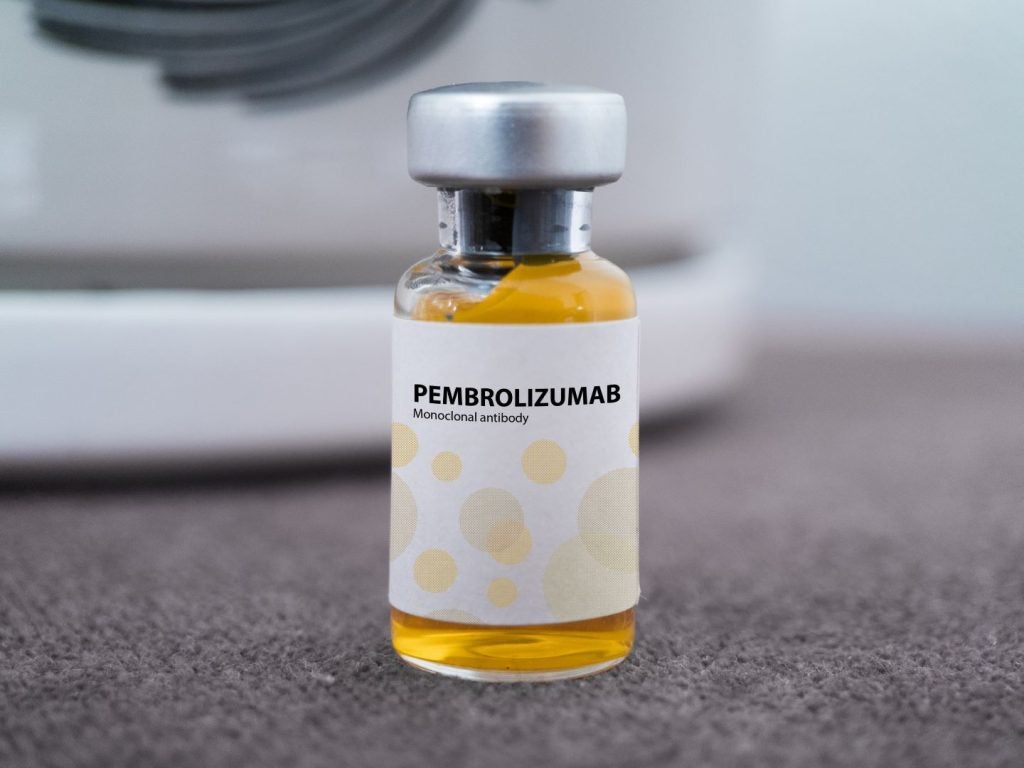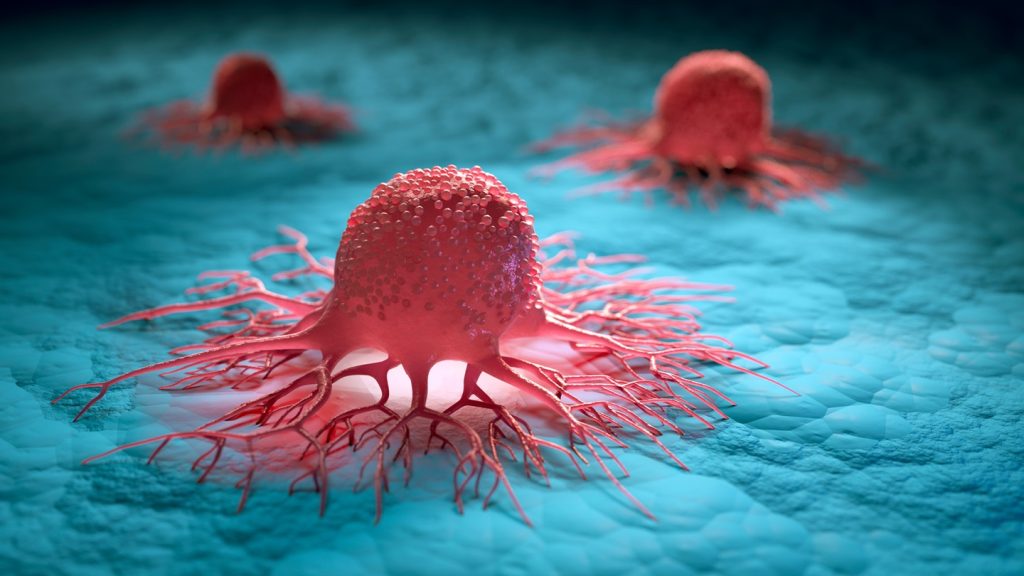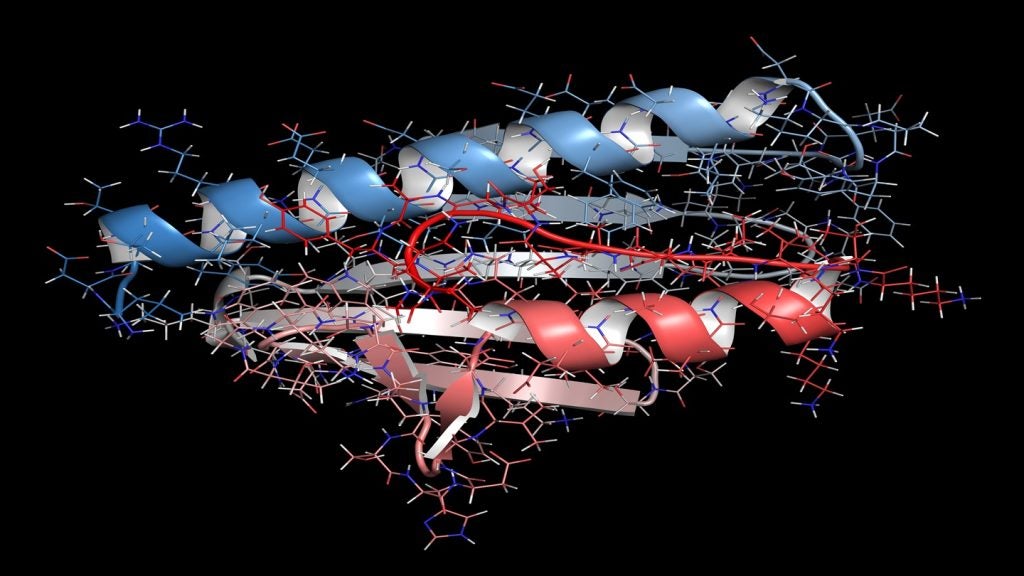Modalis Therapeutics has been awarded a rare paediatric disease designation by the US Food and Drug Administration (FDA) for its congenital muscular dystrophy type 1a (LAMA2-CMD) gene therapy.
As per the designation, the Japan-based company will be eligible to receive a priority review voucher if the drug candidate, MDL-101, is approved by the FDA.
Recipients can redeem priority review vouchers themselves for any chosen drug or instead sell them to other pharma companies. Having the ability to slash four months off FDA review time, vouchers can sell for about $100m.
The designation comes after a period of uncertainty for the vouchers’ future, with the programme facing a tight deadline on sunset provisions. The US House of Representatives ultimately passed a bill last week to reauthorise the rare paediatric priority review voucher program through September 2029.
Modalis said it also pursuing orphan drug status for its candidate, with the FDA currently reviewing the company’s application. Orphan drug status provides benefits such as tax credits for US-based clinical trials and market exclusivity.
LAMA2-CMD is an early-onset congenital muscular dystrophy caused by the absence of the LAMA2 protein. Affected infants can have severe muscle weakness, hypotonia, and joint deformities, amongst others. As those with the disease grow, spinal curvature and speech issues can also develop. There are no approved therapies to treat LAMA2-CMD.
Gene therapies for LAMA2-CMD using an adeno-associated virus (AAV) vector are difficult to develop as LAMA2 is made up of 3,000 amino acids, meaning it cannot be loaded onto a vector, according to Modalis.
The company is therefore using its clustered regularly interspaced short palindromic repeats (CRISPR)-based epigenome editing technology to develop the therapy. MDL-101 works by inducing the expression of the sister gene LAMA1 in muscle tissues, which compensates for the deficient function of LAMA2.
Modalis’s CEO Haru Morita said: “We have received many requests for our efforts from children and families around the world suffering from this disease for which there is currently no treatment, and we feel a mission to respond to the expectations of patients who are eagerly awaiting the start of clinical trials as soon as possible.”
Modalis expects to file an investigational new drug (IND) application in 2025, according to a Q2 2024 financial results press release.















